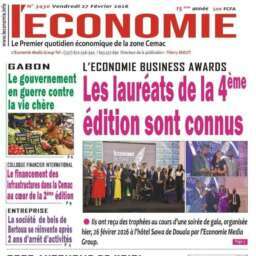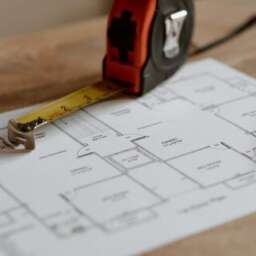When changing careers, the endless possibilities can seem daunting. Transitioning careers isn’t just about swapping one job for another; it’s a transformative journey requiring introspection, strategic planning and deliberate decision-making. But, if you don’t have clarity on what you want to do, the endless opportunities can become mentally paralyzing.
Voluntary simplicity helps you navigate this pivot with directness and purpose. As explained, this method is a lifestyle choice that minimizes the needless consumption of material goods and the pursuit of wealth for its own sake. Rather than being scattered across various options, this technique advocates for a focused approach—a conscious choice to streamline and simplify career aspirations.
At its core, this voluntary simplicity encourages individuals to engage in intentional living, emphasizing quality over quantity and purpose over excess. It calls for a deep understanding of professional skills and the alignment of these elements with potential career paths.
Implementing voluntary simplicity includes:
Reflection And Values Assessment
Start by reflecting on your values, aspirations and what truly matters. Identify your priorities in life, whether they involve relationships, personal growth, community or experiences over material possessions.
An efficient way to do this is by reverse goal setting. Write down the top three accomplishments you want to achieve this year, but phrase it as though it has already happened. For example, instead of stating, “I increased sales by 50% at the new company,” say, “I’m satisfied with the sales increase and am pleased with how I’m performing in the new position.” Then, reverse engineer the steps needed to get you there. This helps with organizing the goal into small, manageable steps. Ultimately, you’ll figure out what you want to do next.
Simplify Possessions
Declutter your life by letting go of unnecessary possessions. Adopt a minimalist approach, keeping only what adds value or joy to your life. This step often involves downsizing belongings, organizing spaces and learning to appreciate simplicity.
You’re mentally clearing space for new ideas and strategies as you rid your space of materialistic items that no longer serve a purpose. When our space is a mess, so are we; it causes anxiety and stress, especially when you are working toward clarity.
The organization helps reduce stress and anxiety. It also helps you think clearly.
Mindful Consumption
Be intentional about what you consume. Practice conscious spending by focusing on essential needs rather than impulsive wants. Prioritize quality over quantity and consider the environmental impact of your purchases. This also includes focusing on financial consciousness—simplify your finances by creating a budget aligned with your values and goals.
Practice Slow Living
This tactic involves savoring moments, taking time for self-reflection, and avoiding the rush and hustle of modern life. This approach encourages a deeper appreciation for life’s simple pleasures.
It reduces stress and fosters meaningful relationships. The most complex practice of slow living is intentionally disconnecting from the phone. This in itself can cause anxiety and FOMO; however, the ability to schedule even 30 minutes will significantly enhance the effort to create a healthy lifestyle.
Adopting the concept of voluntary simplicity allows individuals to navigate this transition with clarity and purpose. Individuals can pave a path towards a fulfilling and meaningful career change by narrowing down choices, focusing on essential aspects and embracing adaptability. Remember, it’s not about the number of options available but about the quality of the life you want to live.
Source: Forbes
Author: Cheryl Robinson




































